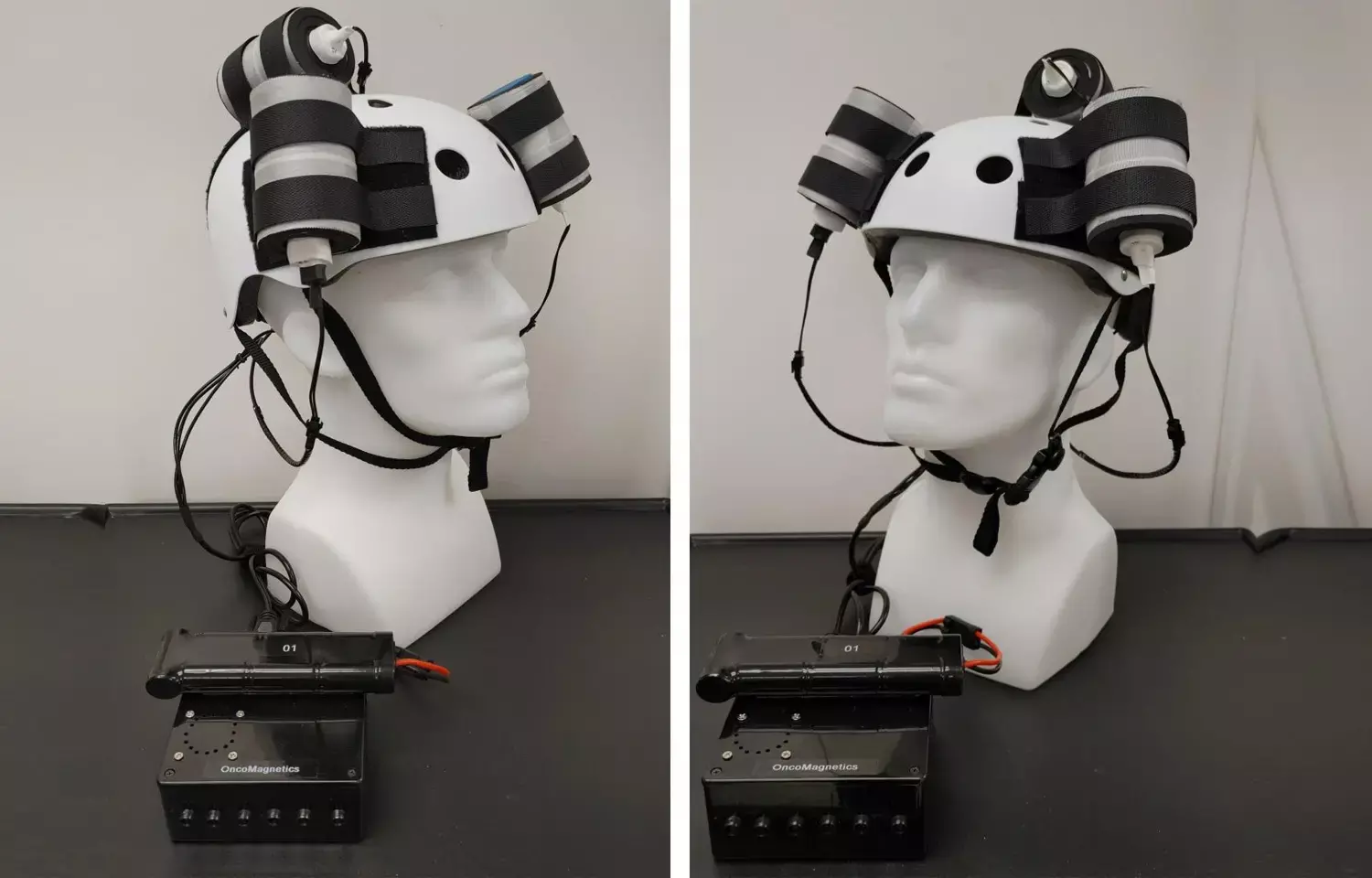- Home
- Medical news & Guidelines
- Anesthesiology
- Cardiology and CTVS
- Critical Care
- Dentistry
- Dermatology
- Diabetes and Endocrinology
- ENT
- Gastroenterology
- Medicine
- Nephrology
- Neurology
- Obstretics-Gynaecology
- Oncology
- Ophthalmology
- Orthopaedics
- Pediatrics-Neonatology
- Psychiatry
- Pulmonology
- Radiology
- Surgery
- Urology
- Laboratory Medicine
- Diet
- Nursing
- Paramedical
- Physiotherapy
- Health news
- Fact Check
- Bone Health Fact Check
- Brain Health Fact Check
- Cancer Related Fact Check
- Child Care Fact Check
- Dental and oral health fact check
- Diabetes and metabolic health fact check
- Diet and Nutrition Fact Check
- Eye and ENT Care Fact Check
- Fitness fact check
- Gut health fact check
- Heart health fact check
- Kidney health fact check
- Medical education fact check
- Men's health fact check
- Respiratory fact check
- Skin and hair care fact check
- Vaccine and Immunization fact check
- Women's health fact check
- AYUSH
- State News
- Andaman and Nicobar Islands
- Andhra Pradesh
- Arunachal Pradesh
- Assam
- Bihar
- Chandigarh
- Chattisgarh
- Dadra and Nagar Haveli
- Daman and Diu
- Delhi
- Goa
- Gujarat
- Haryana
- Himachal Pradesh
- Jammu & Kashmir
- Jharkhand
- Karnataka
- Kerala
- Ladakh
- Lakshadweep
- Madhya Pradesh
- Maharashtra
- Manipur
- Meghalaya
- Mizoram
- Nagaland
- Odisha
- Puducherry
- Punjab
- Rajasthan
- Sikkim
- Tamil Nadu
- Telangana
- Tripura
- Uttar Pradesh
- Uttrakhand
- West Bengal
- Medical Education
- Industry
Drug designed for Alzheimer's disease holds promise for treating glioblastoma

CLEVELAND - New Cleveland Clinic research found that drugs originally designed to help treat Alzheimer's disease may hold promise for glioblastoma, the most common and lethal type of primary brain tumor. The findings were published in Nature Cancer.
A class of drugs called BACE1 inhibitors were once among the most anticipated candidates for treating Alzheimer's disease. They act by inhibiting the protein, called BACE1, that is responsible for producing β-amyloid plaques in the brain, which are one of the main hallmarks of Alzheimer's disease. After demonstrating poor efficacy in clinical trials, however, the neuroscience field has since moved away from BACE1 inhibitors.
Interestingly, BACE1 is also expressed on a class of immune cells—called tumor-associated macrophages (TAMs)—that are found in the tumor microenvironment, or the non-cancer cell components of solid tumors. Tumor-associated macrophages are particularly abundant in glioblastoma, prompting the research team, led by Shideng Bao, PhD, to wonder if BACE1 inhibitors may be effective in treating or preventing the highly aggressive form of brain cancer.
"There are two main types of TAMs," explained Dr. Bao, who directs the Center for Cancer Stem Cell Research. "Most TAMs are tumor-promoting and contribute to treatment resistance, but there are some that are tumor-suppressing. If we can develop a therapeutic that manipulates this balance—tipping the scales so that there are more tumor-suppressing TAMs—perhaps we can better treat glioblastoma."
In this study, the researchers screened a wide-range of compounds to identify the most promising candidates against tumor-promoting macrophages (pTAMs), revealing a BACE1 inhibitor called MK-8931 (verubecestat).They found that treating human-derived preclinical models of glioblastoma with verubecestat reprogrammed pTAMs into tumor-suppressing macrophages (sTAMs). As a result, the more abundant sTAMs helped destroy tumor cells, including glioma stem cells, which are a particularly aggressive type of cancer cell that can self-renew and repopulate a tumor.
"We found that these changes significantly reduced tumor growth. The benefits were even more pronounced when verubecestat was administered in combination with low-dose radiation, since that enhances TAM infiltration into the tumor." said Dr. Bao.
More research will be necessary, but Dr. Bao's research suggests that verubecestat's ability to transform pTAMs into sTAMs may be related to the activity of three molecules, including IL-6 (interleukin 6) and its receptor sIL-6R, as well as STAT3 (signal transducer and activator of transcription 3). These molecules, together with BACE1—which is more abundantly expressed on pTAMs than sTAMs—form a signaling cascade that ultimately helps maintain the pro-cancer properties of pTAMs. Inhibiting BACE1, like with verubecestat, interrupts this signaling pathway.
"Verubecestat has already been approved for use in humans because of its prior testing for Alzheimer's disease," said Dr. Bao, "which would help speed the translation of our promising preclinical findings. This is a major benefit of drug repurposing—being able to bridge the gap from preclinical research to clinical testing, which can often be a lengthy process."
Kui Zhai, PhD, a postdoctoral fellow in Dr. Bao's lab, is first author on the study, which was supported in part by the National Institute of Neurological Disorders and Stroke (part of the National Institutes of Health). Dr. Bao, the corresponding author, is staff in the Department of Cancer Biology.
https://www.nature.com/articles/s43018-021-00267-9
Hina Zahid Joined Medical Dialogue in 2017 with a passion to work as a Reporter. She coordinates with various national and international journals and association and covers all the stories related to Medical guidelines, Medical Journals, rare medical surgeries as well as all the updates in the medical field. Email: editorial@medicaldialogues.in. Contact no. 011-43720751
Dr Kamal Kant Kohli-MBBS, DTCD- a chest specialist with more than 30 years of practice and a flair for writing clinical articles, Dr Kamal Kant Kohli joined Medical Dialogues as a Chief Editor of Medical News. Besides writing articles, as an editor, he proofreads and verifies all the medical content published on Medical Dialogues including those coming from journals, studies,medical conferences,guidelines etc. Email: drkohli@medicaldialogues.in. Contact no. 011-43720751


